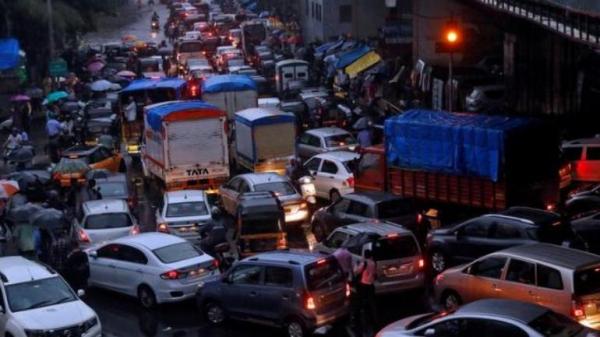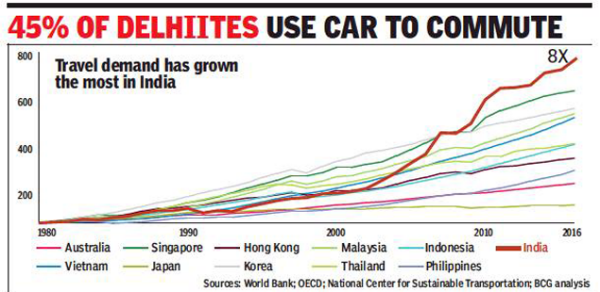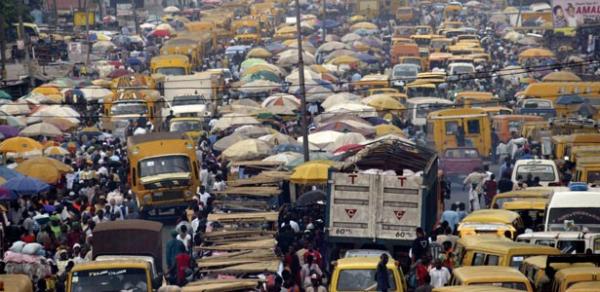Could India's car crisis save her from ending like Nigeria?
Leapfrogging: “rapid move forward, through the adoption of modern systems, without going through intermediary steps.”
The worst downturn suffered by the Indian motor industry made some expert say that Indian car and parts makers and dealers should “have laid off about 350,000 workers since April 2019”. The same source reports that:
“Passenger vehicle sales have dropped for nine straight months through July, with some car makers suffering year-on-year declines of more than 30 per cent in recent months."

Meanwhile, in major Indian cities…
Traffic congestion eats almost 1.5 lakh crore a year. An urban transport expert said in 2018 that “Bengaluru is alarming as road network planning is obnoxious, traffic engineering and management is missing and there is blatant misuse of road” (Rats! Sounds exactly like Rome, really).

In June 2019, Mumbai topped the list of worst traffic flow in the world, with Delhi at fourth spot. In practice, this means that in Mumbay “the extra travel time is generally 65 percent more than what an average trip would take in the city during uncongested conditions”.
In Lagos, instead…

As bad as it looks from those reports, the situation in the biggest cities of India looks still (much) better than what I recently read about Lagos, the commercial capital of Nigeria:
- Employees in Lagos are stressed, burned out and exhausted because of ‘hellish traffic’
- Typical tweet: “Left my house by 5:30 a.m., got to work at 9:10 a.m”
- Lagosians spend “an average of 30 hours in traffic each week – or 1,560 annually”
- in other words, those commuters lose 75% of weekly working hours to that traffic
Nigerian future, or leapfrogging?
I do not know if and how much what happens in Lagos, and its urban features, are comparable with the situations in India. I also do not know if traffic in Lagos is actually worse than, say, Mumbay today, or to what extent the current status of Lagos is a predictor of what will happen in Mumbai (or vice-versa, of course).
I am just interested into the answer to these questions, maybe naive, but surely in good faith:
- could the indian car industry crisis be an occasion to just leapfrog from traffic jams to something better?
- I mean, could that car crisis be used to solve the indian traffic crisis?
- could India, that is, say “hey, those cars where just going to clog the streets, so let’s use the same workers to remake streets and public transit, so people move even better than before, even if they don’t buy cars?”
Please let me know!
Who writes this, why, and how to help
I am Marco Fioretti, tech writer and aspiring polymath doing human-digital research and popularization.
I do it because YOUR civil rights and the quality of YOUR life depend every year more on how software is used AROUND you.
To this end, I have already shared more than a million words on this blog, without any paywall or user tracking, and am sharing the next million through a newsletter, also without any paywall.
The more direct support I get, the more I can continue to inform for free parents, teachers, decision makers, and everybody else who should know more stuff like this. You can support me with paid subscriptions to my newsletter, donations via PayPal (mfioretti@nexaima.net) or LiberaPay, or in any of the other ways listed here.THANKS for your support!